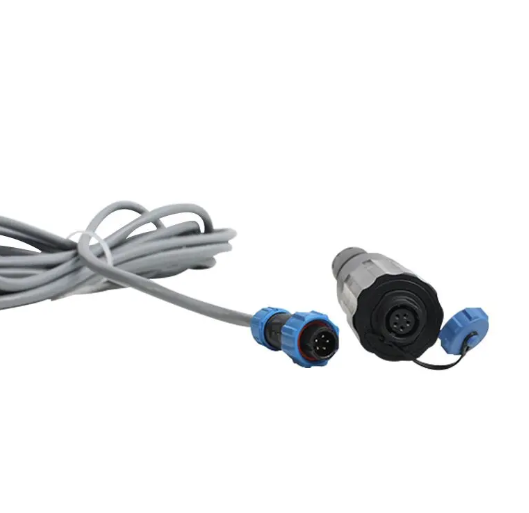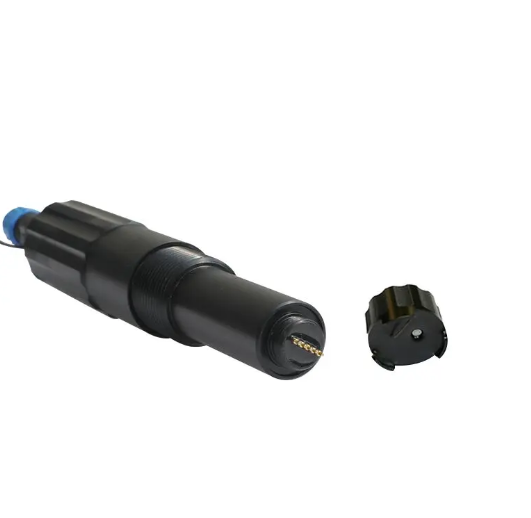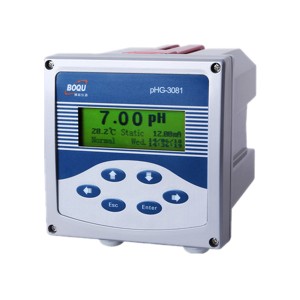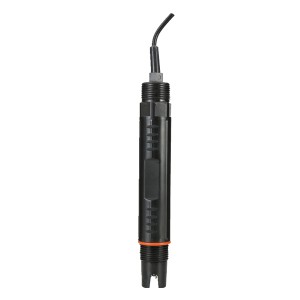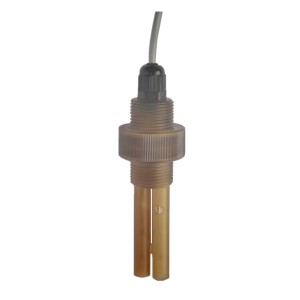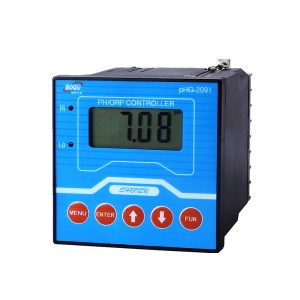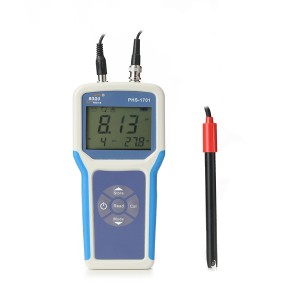Wastewater treatment plays a crucial role in maintaining environmental sustainability and public health. One essential aspect of wastewater treatment is monitoring and controlling the levels of disinfectants, such as free chlorine, to ensure the removal of harmful microorganisms.
In this blog, we will explore the significance of free chlorine sensors in wastewater treatment processes. These state-of-the-art sensors offer accurate and real-time measurements, enabling wastewater treatment plants to optimize their disinfection processes effectively.
The Importance of Wastewater Disinfection:
The Role of Disinfectants in Wastewater Treatment
Wastewater contains various contaminants and pathogens, posing a significant risk to the environment and human health if not treated properly.
Disinfection is a critical step in the wastewater treatment process to eliminate harmful microorganisms and prevent the spread of waterborne diseases.
Free chlorine, as a widely used disinfectant, has proven to be effective in neutralizing pathogens and providing safe effluent.
Challenges in Wastewater Disinfection
While the use of free chlorine for disinfection is effective, its concentration must be carefully monitored to avoid potential adverse effects. Over-chlorination can lead to the formation of disinfection byproducts, which are harmful to both the environment and human health.
On the other hand, under-chlorination can result in inadequate disinfection, leading to the release of pathogens into the receiving water bodies.
Introducing Free Chlorine Sensors:
How Free Chlorine Sensors Work
Free chlorine sensors are advanced monitoring devices that provide real-time measurements of free chlorine levels in wastewater. These sensors utilize cutting-edge technologies like amperometric and colorimetric methods to detect and quantify the concentration of free chlorine accurately.
Benefits of Free Chlorine Sensors in Wastewater Treatment
- Precise and Real-time Data:
Free chlorine sensors offer instant and accurate readings, allowing wastewater treatment plants to respond promptly to fluctuations in chlorine levels.
- Process Optimization:
With continuous monitoring, operators can optimize chlorine dosing, ensuring efficient disinfection while minimizing chlorine usage.
- Reduced Environmental Impact:
By maintaining optimal chlorine levels, the formation of disinfection byproducts is minimized, reducing the environmental impact of wastewater discharge.
Applications of Free Chlorine Sensors in Wastewater Treatment:
a. Monitoring Chlorination Processes
Free chlorine sensors are deployed at various stages of the chlorination process, including pre-chlorination, post-chlorination, and chlorine residual monitoring. By measuring chlorine levels at each stage, treatment plants can maintain consistent disinfection throughout the process.
b. Alarming and Control Systems
Free chlorine sensors are integrated with alarm and control systems that notify operators in case of abnormal chlorine levels. This automated response ensures immediate action to prevent any potential hazards.
c. Compliance Monitoring
Regulatory bodies impose strict guidelines on wastewater discharge to protect the environment and public health. Free chlorine sensors help treatment plants comply with these regulations by providing accurate data for reporting and demonstrating adherence to the required standards.
Choosing the Right Free Chlorine Sensor:
When it comes to choosing the right free chlorine sensor for wastewater treatment, BOQU’s IoT Digital Free Chlorine Sensor stands out as a superior option. Let’s explore the unique features and advantages that set this sensor apart from others in the market:
Innovative Thin-Film Current Principle
BOQU’s IoT Digital Free Chlorine Sensor employs a cutting-edge thin-film current principle for chlorine measurement. This advanced technology ensures high accuracy and reliability in free chlorine concentration readings.
The adoption of a three-electrode measurement system further enhances the precision of the sensor’s measurements, providing wastewater treatment plants with trustworthy data.
Unparalleled Pipeline Installation
With a streamlined pipeline installation process, BOQU’s IoT Digital Free Chlorine Sensor is designed for easy and efficient deployment. This feature simplifies the integration of the sensor into existing wastewater treatment systems, reducing installation time and costs.
Temperature Compensation and Pressure Resistance
One key advantage of this sensor is its automatic temperature compensation capability through the PT1000 sensor. Temperature fluctuations do not affect its measurement accuracy, allowing treatment plants to obtain consistent and reliable data even in varying environmental conditions.
Additionally, the sensor boasts an impressive maximum pressure resistance of 10 kg, ensuring its durability and functionality in challenging operational settings.
Reagent-Free Operation and Minimal Maintenance
BOQU’s IoT Digital Free Chlorine Sensor is a reagent-free solution, eliminating the need for costly and labor-intensive reagent replenishment.
This reduces maintenance requirements, saving both time and expenses. Remarkably, this sensor can operate continuously for at least nine months without maintenance, offering unmatched convenience to wastewater treatment operators.
Versatile Measuring Parameters
The sensor’s capability to measure both HOCL (hypochlorous acid) and CLO2 (chlorine dioxide) expands its applicability in wastewater treatment processes. This versatility allows treatment plants to optimize their disinfection strategies based on specific water quality requirements.
Rapid Response Time
Time is of the essence in wastewater treatment, and BOQU’s IoT Digital Free Chlorine Sensor excels in providing a rapid response time of less than 30 seconds after polarization. This swift reaction enables real-time adjustments to chlorine dosing, enhancing overall treatment efficiency.
Broad pH Range and Conductivity Tolerance
The sensor accommodates a pH range of 5-9, ensuring reliable operation across a variety of wastewater conditions. Additionally, its conductivity tolerance of at least 100 μs/cm makes it suitable for diverse applications, while ensuring it can’t be used in ultra-pure water, which could compromise the sensor’s membrane.
Robust Connection Design
BOQU’s IoT Digital Free Chlorine Sensor features a five-core waterproof aviation plug for secure and stable connections. This robust design prevents potential signal disruptions and ensures seamless communication with data management systems.
Final words:
Free chlorine sensors have become indispensable tools for modern wastewater treatment plants. Their ability to provide real-time and precise measurements of free chlorine levels enables efficient disinfection processes and ensures compliance with environmental regulations.
As technology continues to advance, these sensors will play an increasingly vital role in safeguarding public health and the environment, making wastewater treatment more effective and sustainable than ever before.
Post time: Jul-12-2023

